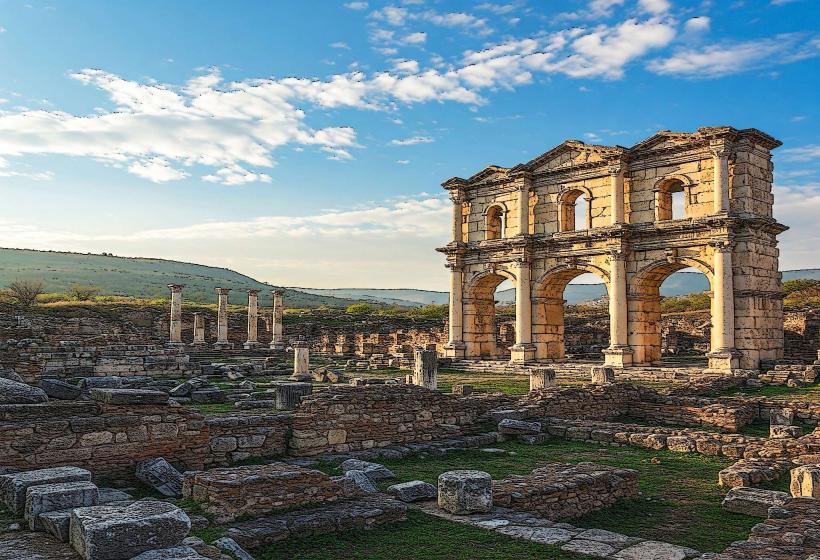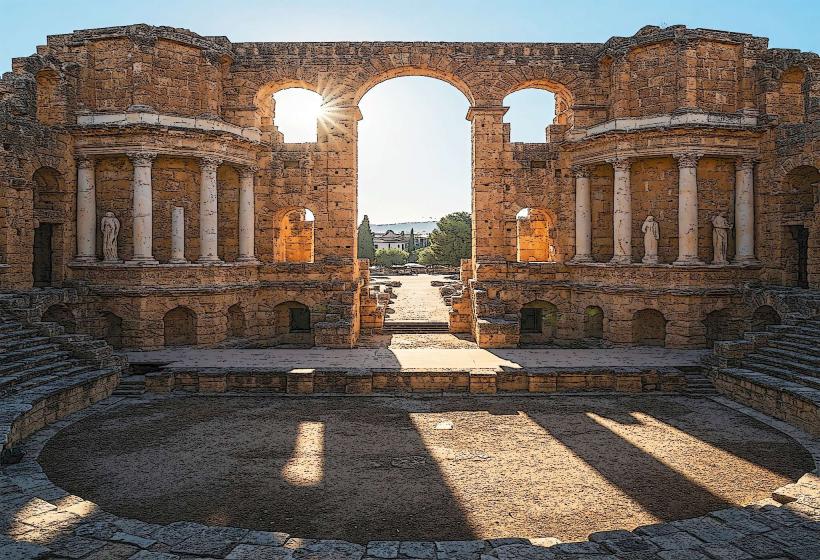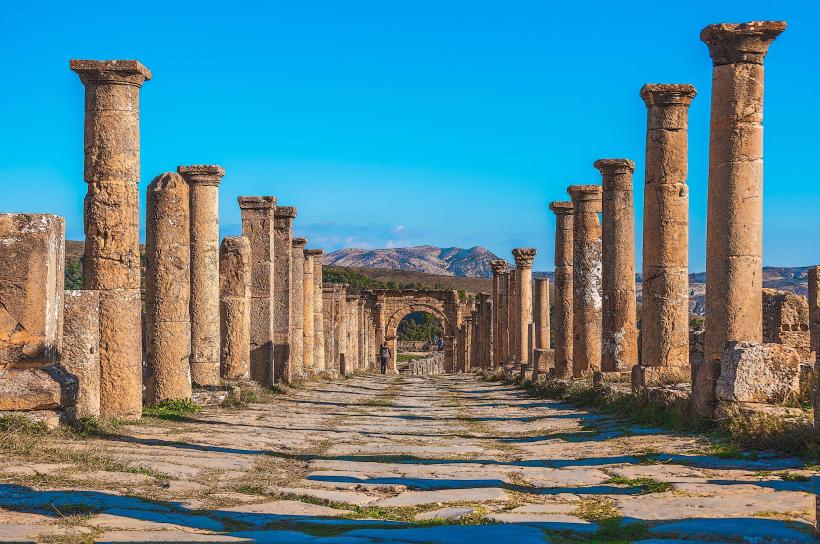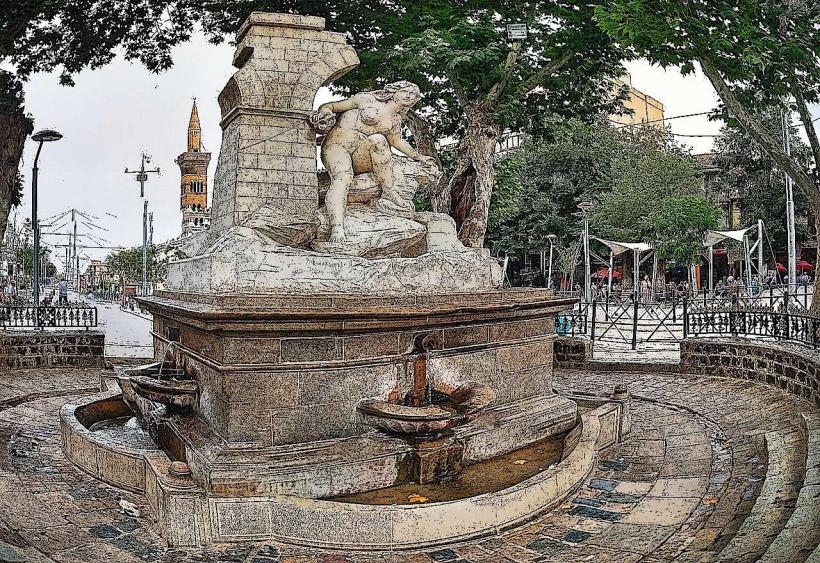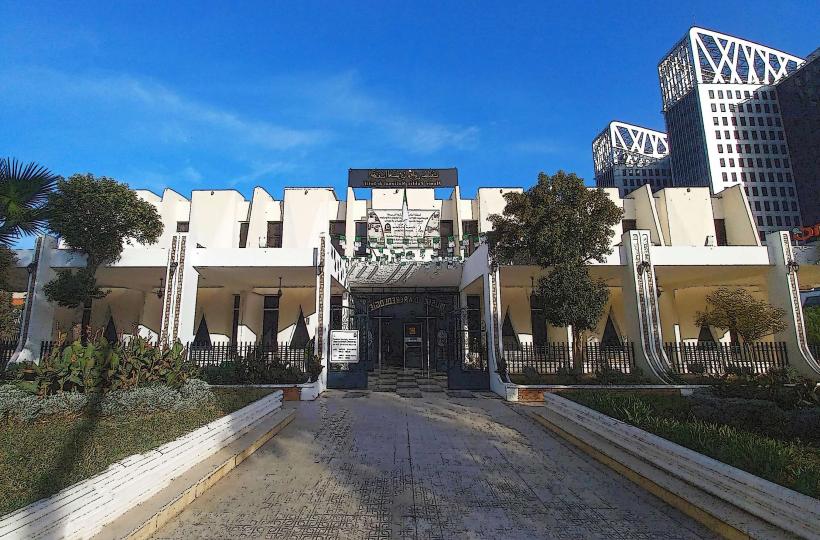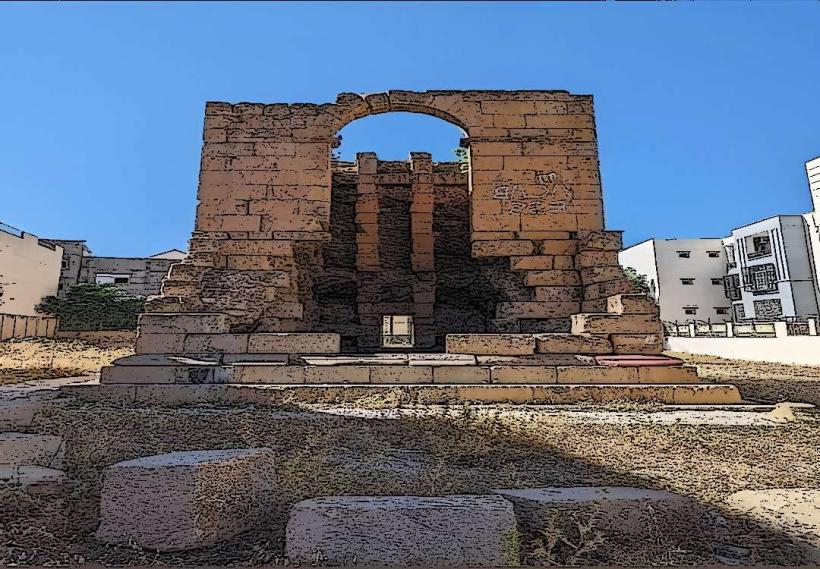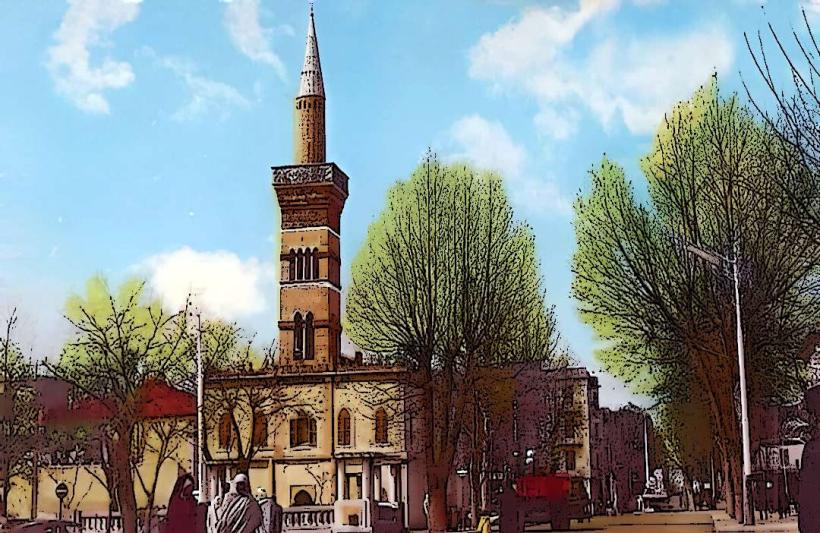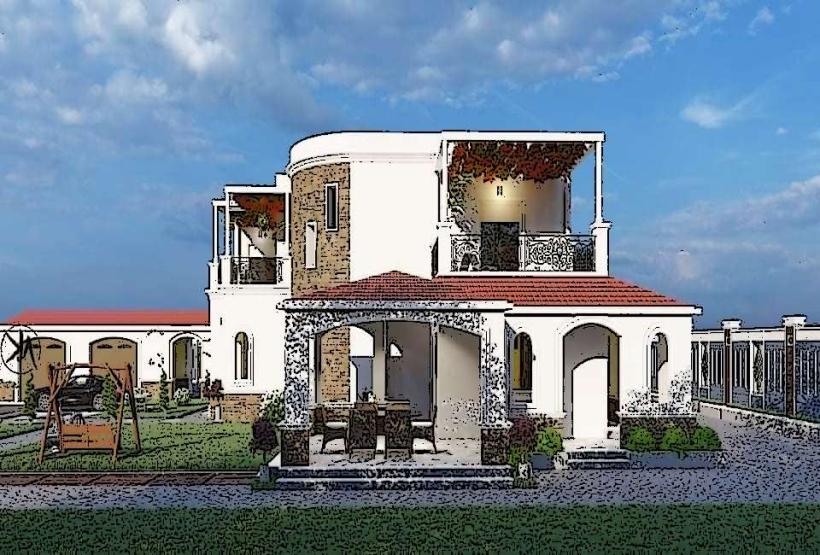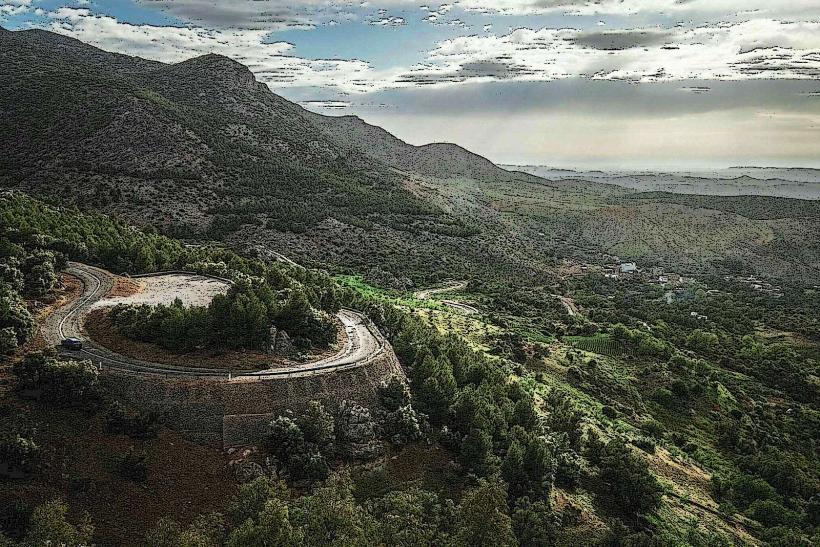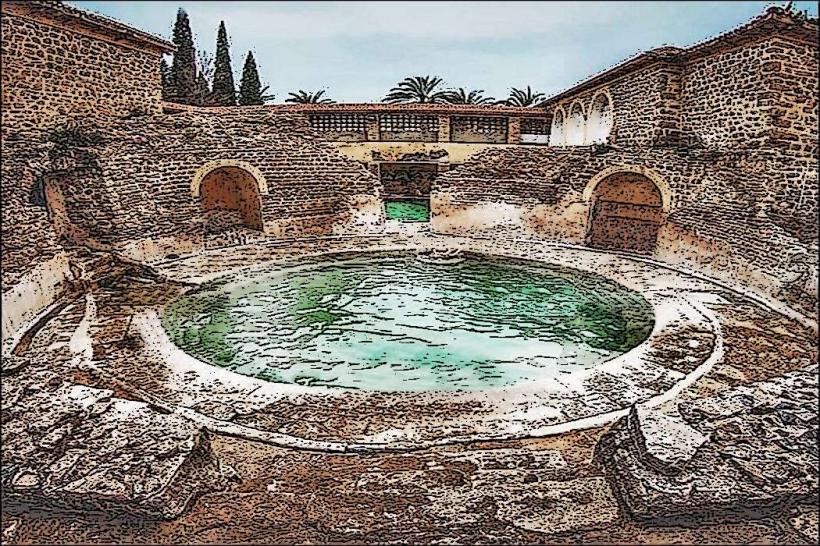Information
Landmark: Museum of DjemilaCity: Setif
Country: Algeria
Continent: Africa
Museum of Djemila, Setif, Algeria, Africa
The Museum of Djemila is located in the archaeological site of Djemila, near the town of Setif, Algeria.
This museum houses artifacts recovered from the ancient Roman city of Djemila.
Visual Characteristics
The museum building is constructed from local stone, primarily sandstone, with a light beige exterior. It is a single-story structure with a flat roof. The interior features white-washed walls and a tiled floor. Display cases are made of glass and metal.
Location & Access Logistics
The museum is situated within the Djemila archaeological site, approximately 25 kilometers northwest of the city of Setif. Access is via the N75 national road. Turn off at the signposted exit for Djemila. Parking is available on-site in a designated gravel lot. Public transport to Djemila is limited; local buses run from Setif to the town of Djemila, requiring a further short walk or taxi to the museum entrance.
Historical & Ecological Origin
The museum was established in the mid-20th century to house and display artifacts from the Roman Ruins of Djemila, a city founded by Roman colonists in the 1st century AD. The site itself is characterized by its well-preserved Roman urban planning, including a forum, temples, basilicas, and residential areas, set within a hilly landscape.
Key Highlights & Activities
Visitors can view mosaics depicting daily life and mythological scenes. Sculptures, pottery, and architectural fragments from the Roman period are on display. The museum provides context for the surrounding archaeological ruins.
Infrastructure & Amenities
Restrooms are available within the museum complex. Limited shade is provided by the building's overhang. Cell phone signal (2G/3G) is generally available. No food vendors are located directly at the museum; options are available in the nearby town of Djemila.
Best Time to Visit
The best time of day for photography is late morning or early afternoon when sunlight illuminates the artifacts and the surrounding site. The months of April to June and September to October offer the most pleasant weather, with average temperatures between 20-25 degrees Celsius. Avoid visiting during the midday heat of July and August.
Facts & Legends
A notable artifact is a large mosaic depicting the "Judgment of Paris," renowned for its detail and preservation. The city of Djemila was a significant administrative and economic center in Roman North Africa.
Nearby Landmarks
- Archaeological Site of Djemila (0km)
- Town of Djemila (1km North)
- Setif City Center (25km Southeast)
- Timgad Roman Ruins (70km Southwest)

